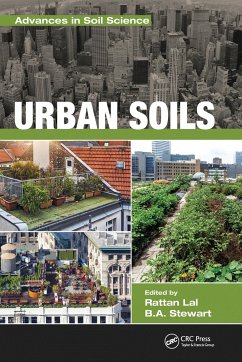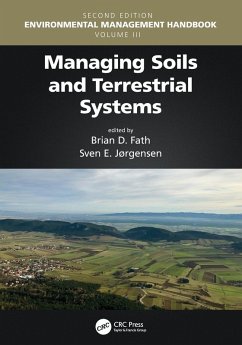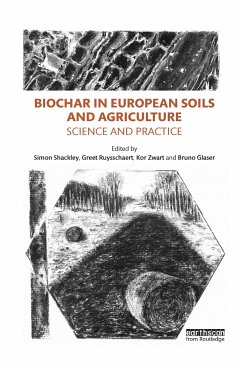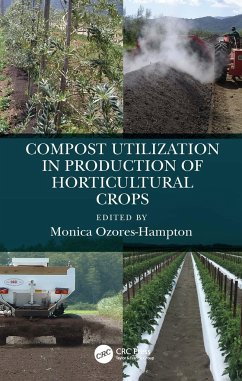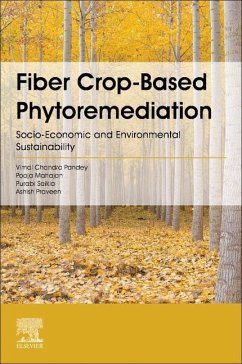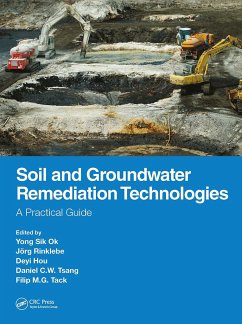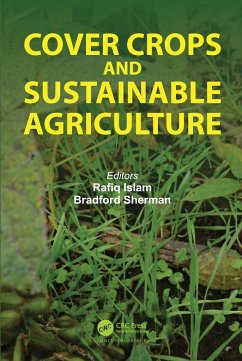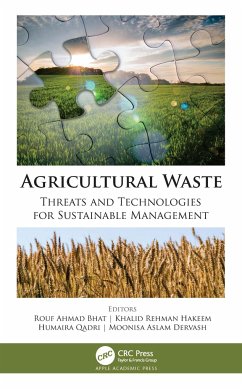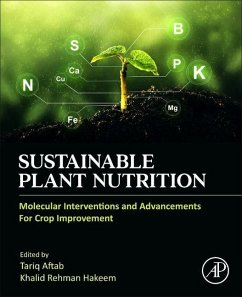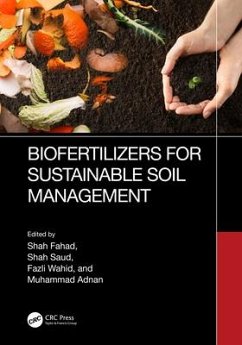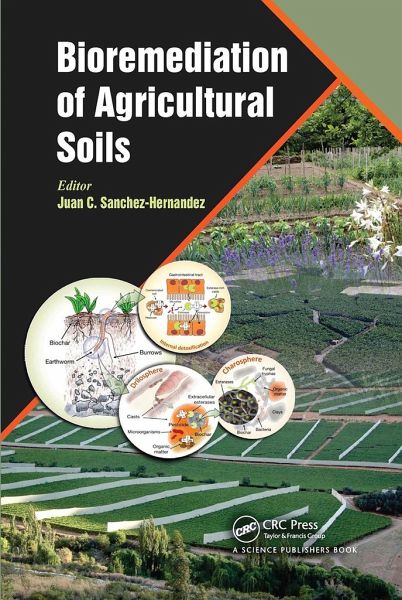
Bioremediation of Agricultural Soils
Versandkostenfrei!
Versandfertig in 6-10 Tagen
51,99 €
inkl. MwSt.
Weitere Ausgaben:

PAYBACK Punkte
26 °P sammeln!
The quality of agricultural soils are always under threat from chemical contaminants, which ultimately affect the productivity and safety of crops. Besides agrochemicals, a new generation of substances invades the soil through irrigation with reclaimed wastewater and pollutants of organic origin such as sewage sludge or cattle manure. Emerging pollutants such as pharmaceuticals, nanomaterials and microplastics are now present in agricultural soils, but the understanding of their impact on soil quality is still limited. With focus on in situ bioremediation, this book provides an exhaustive anal...
The quality of agricultural soils are always under threat from chemical contaminants, which ultimately affect the productivity and safety of crops. Besides agrochemicals, a new generation of substances invades the soil through irrigation with reclaimed wastewater and pollutants of organic origin such as sewage sludge or cattle manure. Emerging pollutants such as pharmaceuticals, nanomaterials and microplastics are now present in agricultural soils, but the understanding of their impact on soil quality is still limited. With focus on in situ bioremediation, this book provides an exhaustive analysis of the current biological methodologies for recovering polluted agricultural soils as well as monitoring the effectiveness of bioremediation.




